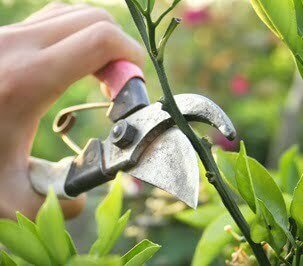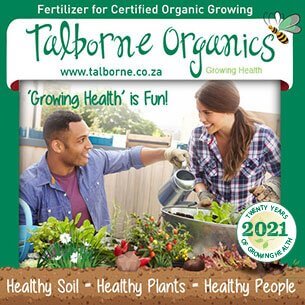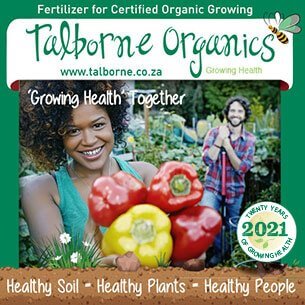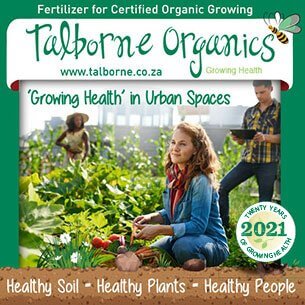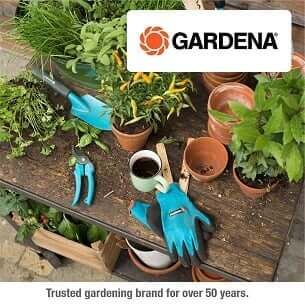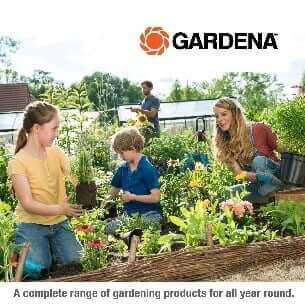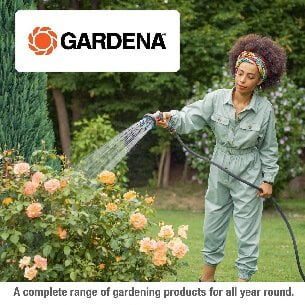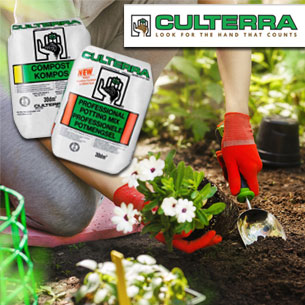Because gardens are living, growing entities, maintenance is the most important factor in their success. A garden is never finished: as plants grow, they need to be shaped, pruned or even replaced. Maintenance should be done according to a planned programme, based on the seasons as well as the needs of each particular garden (and gardener!). In general, garden maintenance covers tasks such as feeding and fertilizing the soil; planting, pruning, weeding and watering; lawn care, and spraying for pests and diseases.
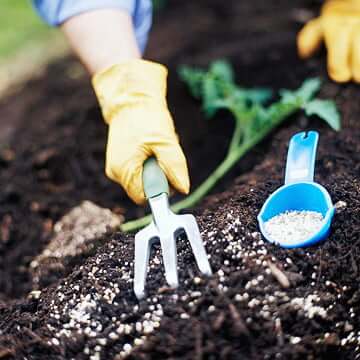
When planning your maintenance programme, consider the basic needs of plants: air, sunlight, soil, nutrients and water. Leaves are the factories of plants and, for them, air and sunlight are important. During the day, leaves absorb carbon dioxide from the air. Carbon dioxide (CO2), along with minerals absorbed by the roots, is converted into sugar and starches by a process known as photosynthesis, which plays a vital role in releasing oxygen into the atmosphere.
Although some plants can survive in fairly deep shade, most plants require sunlight, or at least good light. As your garden grows, you’ll need to ensure that light continues to filter down to the lowest level of plants. This may require branches to be trimmed or even the removal of some plants to allow for improved air circulation. Air is also essential for the roots; well-textured soil ensures good drainage, which permits the passage of air, unlike dense or waterlogged soil, which carries no air.






